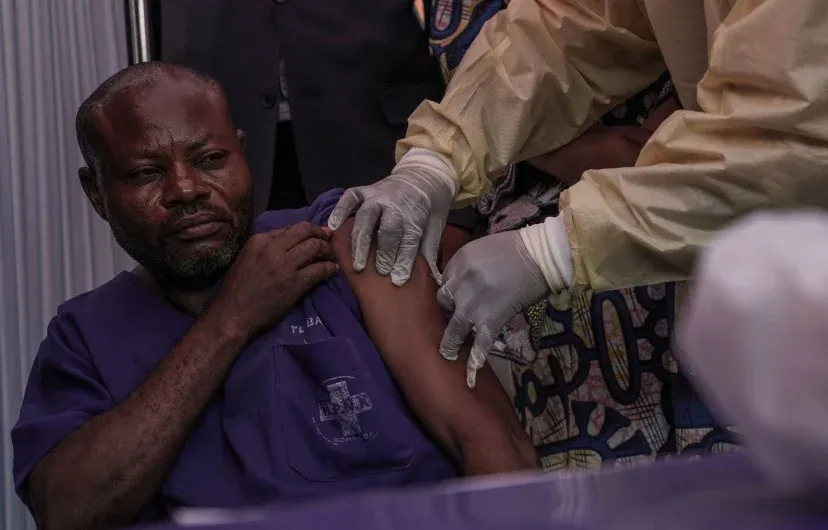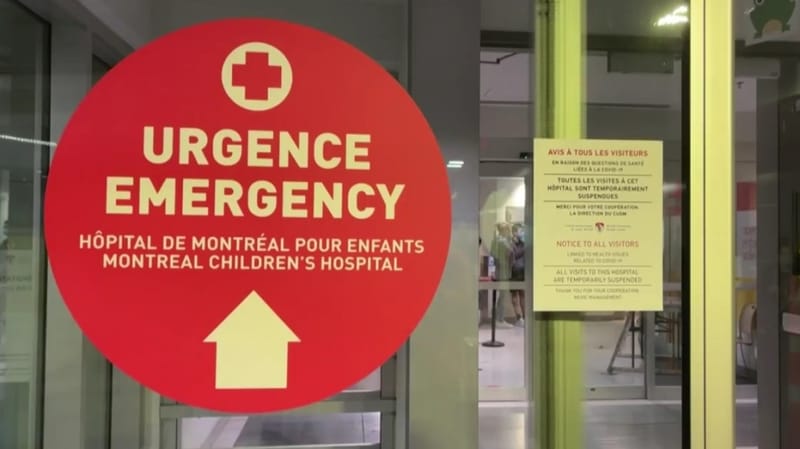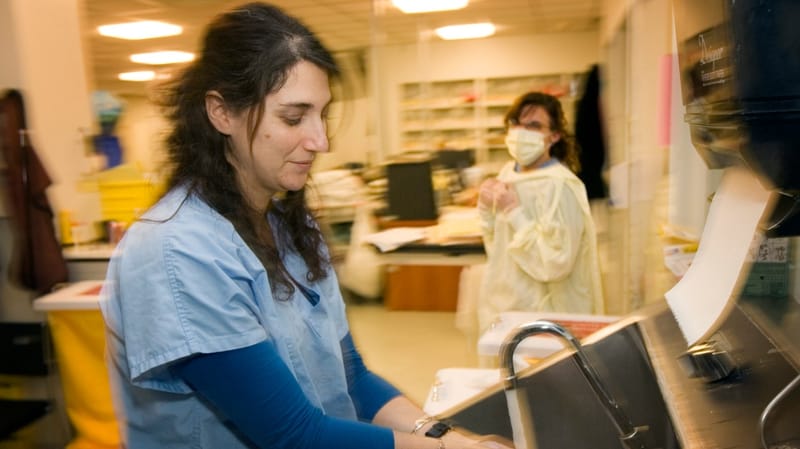With 38 cases in 2024, the outbreak of mpox continues in Montreal
Since the start of the vaccination campaign in 2022, 19,177 Montrealers have received their first dose and 10,494 have received their second.

The ongoing mpox outbreak in Montreal has raised significant concerns among regional public health authorities, with 34 new cases reported since mid-August. This is a sharp increase compared to a total of 11 cases recorded in 2023.
“The situation is getting worse right now. But it’s not the same as in 2022, when we had a big outbreak,” explained Dr. Julian Gitelman, medical lead for the sexually transmitted and blood-borne infections (STBBI) sector at the Montreal Regional Public Health Department. During the 2022 outbreak, approximately 400 people were affected by mpox in the city.
Current Status of the Outbreak
All current cases in Montreal are linked to clade 2b of the virus, unlike clade 1b, which has been responsible for a recent epidemic in parts of Africa. Vaccination remains a key factor in preventing the spread. “Most of the cases that have been reported recently were not adequately vaccinated,” Dr. Gitelman noted. Over half of the affected individuals had not received any vaccine doses, and only 18% had received one dose. Full protection requires two doses, administered at least four weeks apart.
Since the vaccination campaign began in 2022, 19,177 Montreal residents have received their first dose, while 10,494 have completed the two-dose series.
Targeted Vaccination Efforts
The vaccination campaign primarily targets individuals who identify as gay, bisexual, heterosexual, pansexual, or queer men, as well as transfeminine, transmasculine, two-spirit, non-binary, or gender non-conforming individuals who engage in sexual contact with at least one male partner. Public health officials issued a call for vigilance to healthcare professionals, emphasizing the importance of vaccination within these groups.
The virus is primarily transmitted through prolonged, close skin-to-skin contact, often during intimate or sexual activity. Symptoms can include fever, muscle aches, and skin lesions such as pustules.
Importance of Vaccination
Dr. Gitelman expressed concern that some individuals might underestimate their risk due to a lack of recent attention to mpox. "They may not feel the need to get vaccinated. So we're trying to address that by reiterating that mpox is circulating in Montreal and that it's probably a good time to get vaccinated for those who are eligible," he stated.
Vaccination is available free of charge at multiple sites across the city, even for those without a Régie de l'assurance maladie du Québec (RAMQ) card. Appointments can be booked via the Clic Santé platform. Public health officials also highlight that prompt vaccination following close contact with an infected individual can either prevent the disease or significantly reduce symptoms.
The public is urged to remain vigilant and take proactive measures, including vaccination, to help control the spread of the virus in Montreal.





